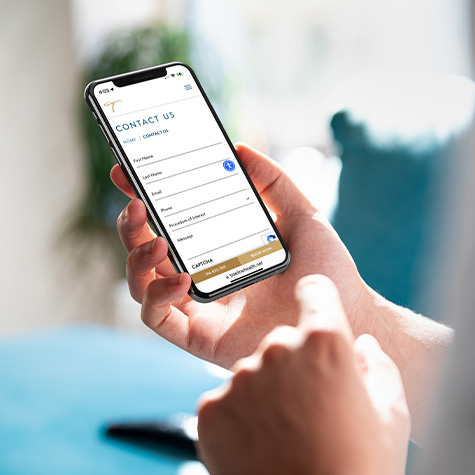QUICKLINKS
What is Fecal Incontinence?
Fecal incontinence, or bowel incontinence, is the inability to control or “hold in” bowel movements. Normally, the rings of muscle at the end of the rectum (the anal sphincter) are responsible for holding in stool. When this structure doesn’t work as it should, you may experience leakage in a variety of situations. Although it’s normal to have occasional fecal incontinence (such as diarrhea), significant and regular bouts of fecal incontinence are cause for concern. Fecal incontinence can be extremely embarrassing but our providers can help you achieve relief and prevent further episodes.
What Causes Fecal Incontinence?
In women, fecal incontinence is often caused by damage to the anal sphincter during childbirth. It may be the result of an episiotomy or the use of forceps. However, there are a variety of other causes, such as:
- Damage to the nerves of the rectum or anal sphincter, such as with surgery or chronic health conditions such as diabetes or multiple sclerosis
- Chronic constipation or diarrhea
- Hemorrhoids, or swollen veins, which prevent the rectum from closing completely
- Rectocele, or where the rectum protrudes through the vagina
- Rectal prolapse, or where the rectum drops down onto the anus
- Injury, such as trauma to the back
Fecal incontinence may also be the result of straining during bowel movements. Over time, significant straining during bowel movements may weaken the anal sphincter and associated nerves.
Fecal Incontinence Symptoms
Fecal incontinence is typically very noticeable, although certain types of fecal incontinence can occur where you’re not aware of passing stool. In general, you may feel a sudden and intense urge to pass a bowel movement, or you may not be able to hold in a bowel movement until you reach the bathroom. You may also experience stool leakage when passing gas. In any case, fecal incontinence can drastically interfere with your day-to-day life and prevent you from doing your favorite activities out of fear of an episode. If you find yourself rearranging your schedule or avoiding situations where it may cause embarrassment, you can greatly benefit from treatment.
Fecal Incontinence Treatment Options
At Tideline Center for Health & Aesthetics, we offer non-surgical treatment for fecal incontinence. Our knowledgeable and compassionate providers can help you explore the best possible options for your circumstances during a private consultation.
Radiofrequency for Fecal Incontinence
Radiofrequency energy, ThermiVa®, can be used to strengthen and tone the muscles of the anal sphincter. This is achieved by improving blood supply, nerve supply, and tissue strength, resulting in a reduction of incontinence episodes. This treatment option is best for patients with mild fecal incontinence and involves three 30-minute treatments spaced four weeks apart.
PRP for Fecal Incontinence
PRP, or platelet-rich plasma, is a treatment option for more severe grades of fecal incontinence. PRP is derived from a blood sample and contains nutrients designed to aid tissue regrowth and cellular regeneration. It’s paired with radiofrequency technology for added efficacy. Treatment includes three sessions total – the first and third using only radiofrequency, while the second session includes PRP.
Contact Us Today
Fecal incontinence can be embarrassing and difficult to live with. Our team of compassionate and understanding providers can help you explore the most advanced treatment options available in a warm and understanding environment. Schedule an appointment today by contacting us online.
VIRTUAL CONSULTATION
$250
Would you feel more comfortable discussing your most intimate women’s issues in the privacy of your own home? We understand and have made that option available. Schedule your 30-minute virtual consultation for only $250 and take the first step toward understanding your feminine health better.
Consult with a Tideline Doctor
30 Minute Appointment







